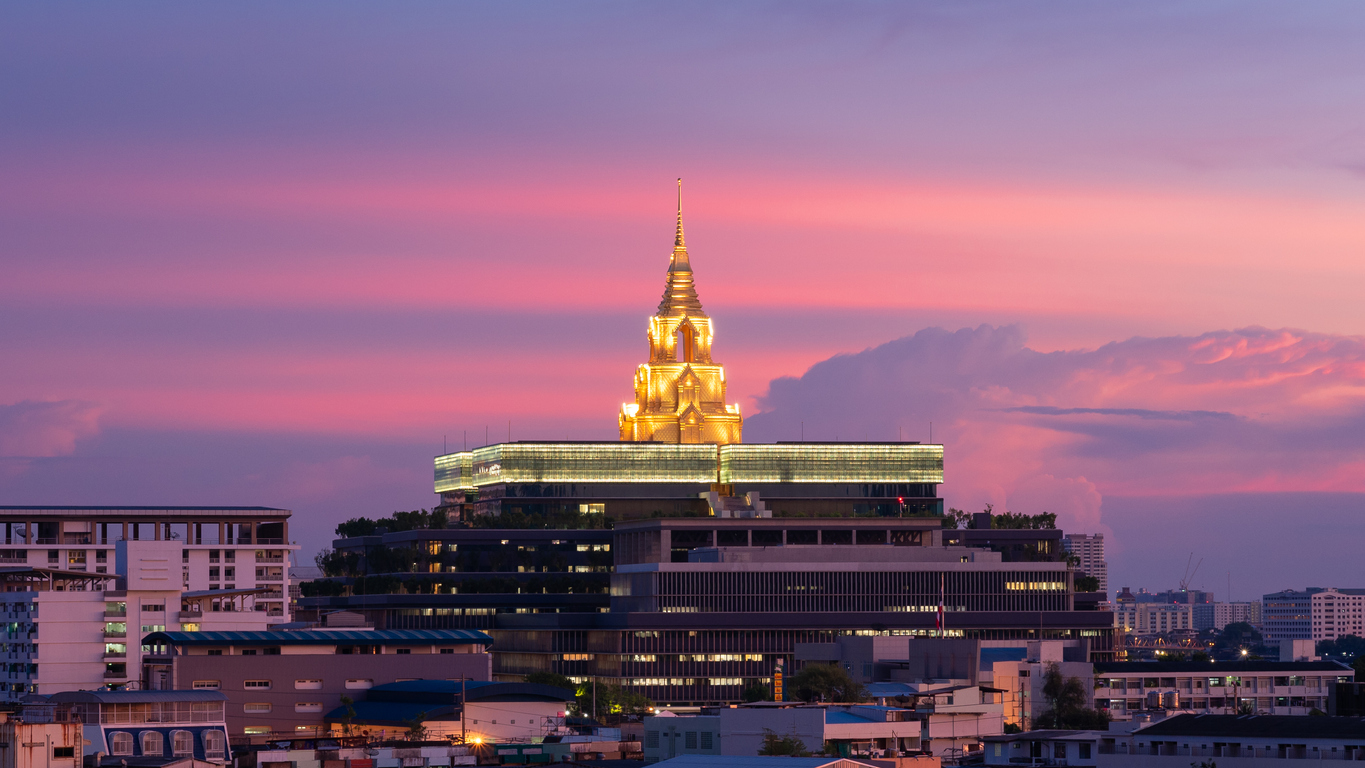Thailand cabinet approves draft casino and gambling law

The Thailand cabinet has today (13 December) given its approval to draft law to legalise gambling and casinos in the Southeast Asian country.
The Integrated Entertainment Business Act, also known as the Entertainment Complex Bill, would allow casinos as part of integrated resorts. Prime Minister Paetongtarn Shinawatra confirmed the news to reporters in Thailand earlier today.
Thailand’s cabinet will now pass the draft law on to parliament for further deliberation. It was previously stated that the law could pass by mid-2025, with both senate and house of representatives approval required to do so.
Thailand currently has a near-blanket ban on gambling, with only a small number of verticals allowed in the country. State-controlled horse racing and the official lottery are among only a few legal options available to Thai players.
However, Thailand faces long-term and widespread issues with illegal gambling. The cabinet hopes the new law will help combat this and provide safe environments for people to gamble.
“The purpose of the bill is to increase the efficiency of tourism and promote investment in the country, as well as solve the problem of illegal gambling that currently exists,” Thailand’s government said in a statement. “It will also have a positive effect on society in the future as a whole.”
Shinawatra also told reporters: “Legalisation will protect the public and would also generate more state revenue.”
What is in the draft casino and gambling bill?
Key features of the bill include that casinos must be part of full-service integrated resorts, similar to Singapore.
Resorts would include at least four non-gaming attractions including hotels, stadiums, concert halls, theme parks, restaurants, clubs and retail corridors. However, gaming areas could only make up a maximum of 5% of the total area of each integrated resort.
In terms of licences, these would be awarded on a 30-year basis. Operators would face an evaluation every five years, with each renewal period running for up to 10 years.
Licence applicants must be registered in Thailand and demonstrate paid-up capital of at least THB10 billion (£237 million/€286 million/$288 million). All successful applicants would pay an initial THB4.9 billion per licence, along with annual fees of THB1.0 billion.
The government is expected to grant five casino licences to start. These include to in the capital of Bangkok and one each in Pattaya, Chiang Mai and Phuket.
As for tax, the draft bill proposes a tax on gross gaming revenue of 17%. The Office of the Full-Service Entertainment Regulatory Commission would be responsible for regulating the legal gambling market.
Thailand eyes tourism boost from legal gambling
Thailand’s neighbours, including Cambodia, Singapore, the Philippines, Laos and Myanmar, have benefited from large casino complexes. Approval of the draft law paves the way for Thailand to follow suit.
Should gambling and casinos be legalised as expected, the government is anticipating a 5% to 10% rise in overall foreign visitor numbers in Thailand. Deputy Finance Minister Julapun Amornvivat also estimates tourism revenue could increase as much as THB220 billion.
On top of this, between 9,000 to 15,000 new jobs could be created by legalising gambling.
Related
I became a millionaire in my 20s but my sports…
Millions wagered, hundreds of thousands in debt and a pending divorce.Joe C, a native of Chicago, fell into the depths of addictive sports gambling at the age o
Strip executive retiring after 3 decades with gambling giant MGM…
A top executive who oversees multiple properties on the Strip, including one of Las Vegas Boulevard’s most recognizable and successful casino-hotels, is
Danish Government’s Success with Gambling Addiction
Gambling addiction is a growing concern worldwide, with many countries struggling to find effective ways to regulate the industry. Denmark, however, has e
UFC 313 Gambling Preview: Will Magomed Ankalaev end Alex Pereira’s…
Alex Pereira is back! On Saturday, Pereira puts his light heavyweight title on the line against Magomed Ankalaev in the main event of UFC 313. Before that, J












